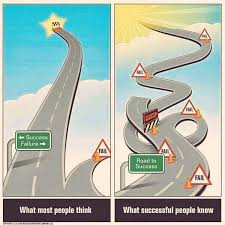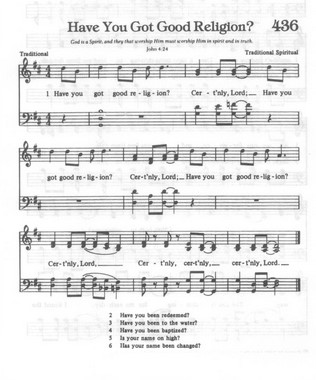Living for Christ
In my faith walk, I must constantly remind myself that “I am not my own.” My new life in Christ was purchased with the precious blood of Jesus Christ (1 Corin. 6:19-20).
This life brings new responsibility as we share Jesus’ message of reconciliation: Jesus died for everyone so that those who receive his new life will no longer live for themselves. Instead, they will live for Christ, who died and was raised for them. (2 Corin. 5:15) Living for Christ requires that we live a surrendered life. It is not by accident or happenstance. It is intentional.
Understanding surrender
In his book, Immortal Diamonds, Richard Rohr shares a glimpse into the secret of living a surrendered life through the contemporary example of the Amish.
The Amish people know they are connected to and a part of a much larger divine reality which looks naïve to the rest of us. On the foundation as to what is real and what is passing, they are experts. It also explains their peace, happiness and contentment.
Understanding begins when we seek and prioritize God’s plan for our life. It is in God that we live, breathe, and have our meaning (Acts 17:28). Our worldview is based on the reality of God, the certainties of faith, and the “end game” that leads us to eternity with the Lord (1 John 5:13). The surrendered life begins with denying self and the world. It begins with Jesus as our priority.
Surrender begins with denying
Jesus in His teaching on the cost of discipleship was brutally honest about His expectation of His followers. There was no mincing of words to make the offer more appealing to His listeners. Jesus said to His disciples, “If anyone desires to come after Me, let him deny himself, and take up his cross, and follow Me.” (Matt. 16:24) Jesus’ ministry continues today with us as His disciples. His expectations have not changed.
Deny has two meanings: (1) to affirm that one has no acquaintance or connection with someone and (2) to lose sight of oneself and own interests. Matthew uses the second definition to explain Jesus’ rebuke to would-be disciples unaware of the cost to follow Him.
As we deny our own interest and forsake our past self, we must also reject our love for this world— “the lust of the flesh, the lust of the eyes, and the pride of life” (1 John 2:16). All these create within us a divided heart which cannot love Jesus well nor surrender to His leading.
The surrendered life
The world, Satan, and our flesh are not big on “denying”. They encourage us to place our desires above the Lord’s. They deceive by whispering, “You can have it your way right now. Jesus can wait another day.” Jesus replies, “I am The Way” (John 14:6) and offers instead His love (John 3:16), salvation (Heb. 2:10), forgiveness (Ep. 1:7), freedom (Ps. 146:7), and peace (Col. 3:15).
The goal of the Christian life can be summed up by Galatians 2:20: “I have been crucified with Christ. It is no longer I who live, but Christ who lives in me. And the life I now live in the flesh I live by faith in the Son of God, who loved me and gave himself for me.” Such a life of surrender is pleasing to God, results in the greatest human fulfillment, and will reap ultimate rewards in heaven (Luke 6:22-23).[1]
The surrendered life in Christ results in great joy and wisdom. There is great confidence in knowing we have made the best choice by seeking “the Pearl of Great Price” (Matt. 13:46). To give up other offers, by comparison, is a surrender of the lesser.
[1] Got Questions, “What does it mean to surrender to God?”










